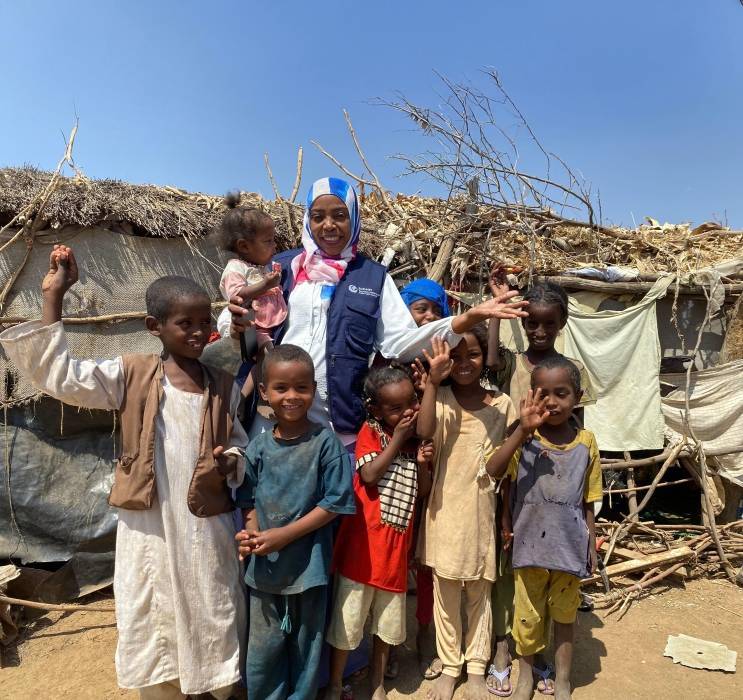- محلية
- الخميس-2025-07-31 | 11:37 am

نيروز الإخبارية :
As health systems in the Eastern Mediterranean Region face many overlapping challenges, especially health risks caused by conflict and climate change, a new regional report is strongly calling for a shift toward sustainable and locally led public health solutions.
Published by the Eastern Mediterranean Public Health Network (EMPHNET), the report is based on 15 years of field experience in more than 15 countries, spanning from Afghanistan to Morocco. It presents adaptable, context-specific approaches to the region’s public health challenges, including rising noncommunicable disease rates, outbreak risks, and service disruptions in fragile settings.
"The region’s public health risks are deeply interconnected and shaped by complex, constantly evolving realities,” said Dr. Mohannad Al Nsour, Executive Director of EMPHNET. "This report presents tested, operational approaches that can be scaled and strengthened now.”
The report highlights approaches that have delivered measurable and sustained results across diverse settings. These include:
Investments in Practice-Based Learning at all levels of the health system have enhanced emergency response capacities and the delivery of essential health services in over a dozen countries.
Community-Based Approaches have fostered stronger ownership and produced tangible results, including improved vaccine acceptance, increased access to underserved and high-risk populations, strengthened routine immunization data reporting, and behavioral change related to priority noncommunicable diseases (NCDs), most notably tobacco use.
Institutionalization of Practices, through the development and adoption of standard operating procedures (SOPs) and other guiding tools in areas such as biorisk management and rapid response has enabled the integration of sustainable professional practices in both fragile and stable settings.
Data-Informed Decision-Making is being strengthened through implementation science, enabling the adoption of evidence-based, cost-effective interventions, especially critical in low-resource settings and among vulnerable populations, including refugees.
Multisectoral Collaboration and a Whole-of-Society Approach are driving more coordinated responses to shared threats, particularly through the application of One Health principles in integrated surveillance to address zoonotic diseases and climate-related health risks.
Amid shifting global health financing trends and continued reliance on emergency appeals, the report reflects the need for regional actors to take a more prominent role in shaping the future of public health. It illustrates how stronger regional cooperation and greater recognition of the region’s own expertise as a source of innovation and implementation.
"Our goal is to show that these solutions are possible and are already working,” added Dr. Al Nsour. "By documenting tested approaches, we hope to influence future donor strategies and contribute to global health discussions that value equitable, region-driven partnerships.”
The report has been released in English and Arabic under the title EMPHNET at 15: A Journey of Growth and Impact Toward Health Systems Strengthening.














